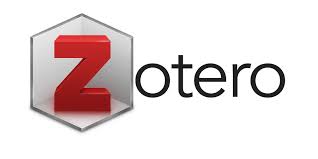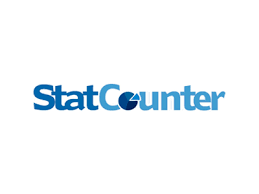Kemampuan Pemahaman Konsep Matematis Siswa Sekolah Menengah Pertama pada Persamaan Garis Lurus Ditinjau dari Self-Regulated Learning
DOI:
https://doi.org/10.29240/ja.v5i1.6377Keywords:
Mathematical concept understanding ability, Self-regulated learning, Straight-line equationAbstract
Students' Self-Regulated Learning (SRL) has an influence on students' understanding of mathematical concepts. The purpose of this study was to analyze the SRL and the ability to understand students' mathematical concepts in terms of SRL. This research is included in the type of descriptive qualitative. The data collection techniques used were SRL questionnaires, tests of understanding mathematical concepts, interviews, and observations. The subjects were 22 students in grade 8A SMPN 5 Kuningan, and took 6 samples using a purposive technique of two students from each SRL category (high, medium, low). Data analysis includes data reduction, data presentation, conclusion drawing, and method triangulation. Based on 22 students who filled out the SRL questionnaire, 4 were in the low category, 14 were in the medium category, and 4 were in the high category. While the results of understanding mathematical concepts, 7 categories are low, 13 categories are moderate, and 2 categories are high. Based on the 6 selected subjects, low category subjects were able to fulfill 2-3 indicators of ability to understand mathematical concepts although not perfect, medium category subjects were able to fulfill 5-7 indicators although not perfect, and high category subjects were able to fulfill 6-8 indicators almost perfectly.
Downloads
Downloads
Published
Issue
Section
Citation Check
License
Authors who publish with ARITHMETIC: Academic Journal of Math agree to the following terms:
- Authors retain copyright and grant the journal right of first publication with the work simultaneously licensed under a Creative Commons Attribution-NonCommercial-ShareAlike 4.0 International License (CC BY-NC-SA 4.0) that allows others to share the work with an acknowledgment of the work's authorship and initial publication in this journal.
- Authors are able to enter into separate, additional contractual arrangements for the non-exclusive distribution of the journal's published version of the work (e.g., post it to an institutional repository or publish it in a book), with an acknowledgment of its initial publication in this journal.
- Authors are permitted and encouraged to post their work online (e.g., in institutional repositories or on their website) prior to and during the submission process, as it can lead to productive exchanges, as well as earlier and greater citation of published work (See The Effect of Open Access).







